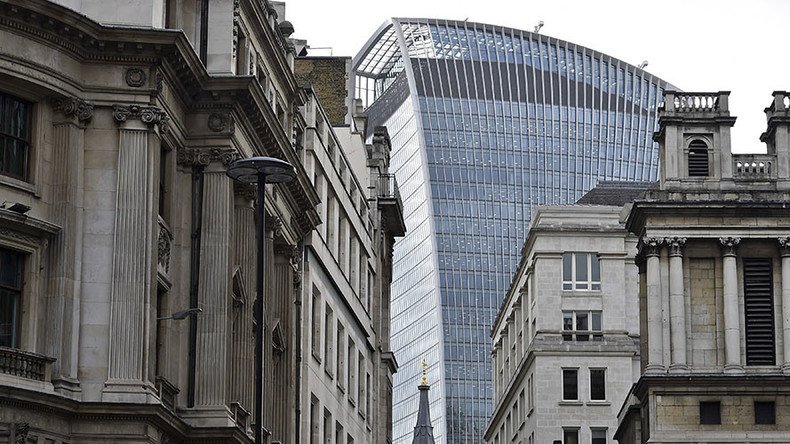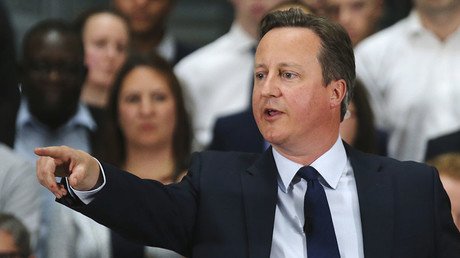Those suspected of money laundering may be forced to disclose the origins of their wealth under a new anti-money laundering scheme that will form part of the agenda at the global anti-corruption summit hosted by Prime Minister David Cameron.
These measures, called “unexplained wealth orders” (UWOs) are part of a new wide-ranging set of proposals to reform anti-corruption law detailed in an action plan jointly published by the Home Office and HM Treasury last month.
According to Home Secretary Theresa May, the reforms will be “the most significant change to the UK’s anti-money laundering and terrorist finance regime in over a decade.”
Cameron is expected to announce the new transparency measures at Thursday’s summit, which will see political leaders from 40 countries, officials from international financial institutions and sports governing body representatives come together in London.
It comes in the wake of the Panama Papers leak, which revealed how some of the world’s wealthiest and most powerful players use offshore firms to hide their assets. The leaks offered rare insight into who owns what in London’s booming luxury property market. The anonymous elite buying up London’s most expensive real estate often uses offshore trusts or shell companies to avoid taxes.
According to Transparency International, some 36,000 homes in London alone are currently registered as being owned by firms in offshore tax havens such as the British Virgin Islands and the Cayman Islands.
UWOs, already used in places like Australia and Ireland, would require anyone suspected of purchasing a property beyond their apparent means to explain how they were able to afford it.
READ MORE: Claims tax havens ‘distorting’ global economy, and Britain controls one-third of them
The reforms would also ensure that offshore companies buying UK property had to reveal the identities of their ultimate owners. Cameron has already locked down plans that force all UK companies to do the same through a register of beneficial ownership starting from June.
Speaking to the Telegraph, Rachel Davies, head of UK Advocacy and Research at Transparency International, said: “This would allow law enforcement to look closely at a politician or one of their associates who had, say, bought two £4 million houses in Hampstead despite being only on a salary of £100,000.”
Davies noted that while most of the purchases are believed to be perfectly legal, some were undoubtedly bought using proceeds from embezzlement and other crimes.
“We are not saying that every property bought by a firm registered to an offshore tax haven is a money laundering vehicle, but the sheer number of them in London creates an environment where it is very easy for the corrupt to hide, and there is most likely no smoke without fire.”


